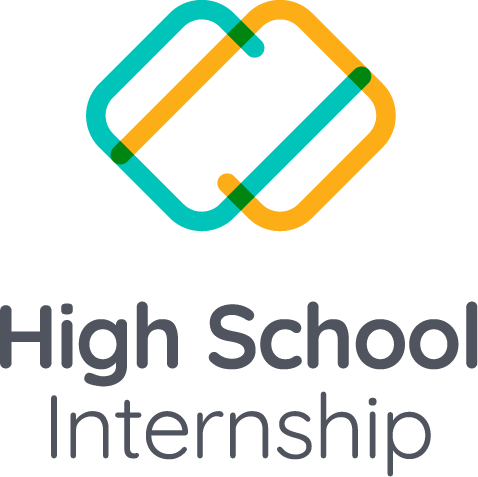In a recent survey of 540 K-12 teachers conducted by YouGov for Microsoft, 88% of teachers said they agree computer science is critical to ensuring success in the workplace. In addition, 83% said they believe coding can build students’ creativity. Thus, teachers recognize the importance and benefits of technology education.
However, one-fifth of teachers said their students aren’t actually taught any computer science. These teachers mention a lack of resources, curriculum, and testing as explanations for this. To give students digital skills to prepare for the future, instructors and society believe it is vital. However, what actually happens in schools is quite different.
The second issue is that teachers feel underqualified to prepare children for a digital future. Most teachers (88%) value computer science, while 30 percent are underqualified or overloaded—insufficient support and training for teachers to confidently integrate technology into their classes.
Interestingly, the same kind of feedback led to our offering at BSD Education. Many teachers recognize the importance of technology education for students’ future success but struggle to deliver it effectively. We researched with schools and students from diverse socio-economic, cultural, and intellectual backgrounds to discover why. While schools want to use technology more, there are three major obstacles to overcome:
-
Confidence: Teachers don’t usually have a tech background and so can see it as risky and unfamiliar. Professional development for an area that is new and technical can be hard to access.
-
Content: Technology is constantly changing. Curriculum can, therefore, become quickly outdated.
-
Community: Teachers don’t have a community of practice or peers, with a core group of trained practitioners, to learn from and share ideas.
Following this research, we worked with thousands of students and instructors for over 34,000 hours to develop a solution that inspires the next generation of problem-solvers and creative thinkers. As a result, we equip schools with resources to integrate technology into all subjects:
-
An online teaching environment that gives teachers confidence by putting them in control of the learning experience.
-
Real world relevant curriculum that can be brought into every subject.
-
Professional development that enables every teacher to integrate technology into their classroom.
Our new year resolves to bring this solution and create the community in and amongst more schools globally to help break the disconnect. Teachers know that technology education is vital. We need to empower them and support them with the right tools to be in a position to deliver.

